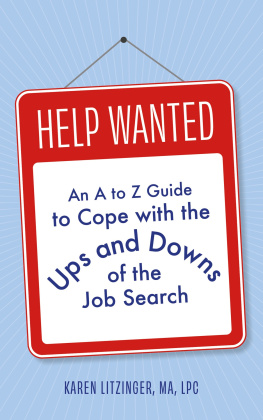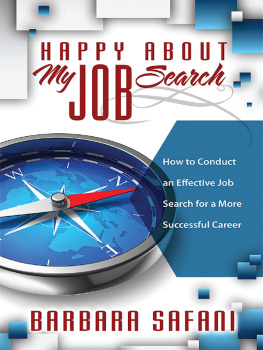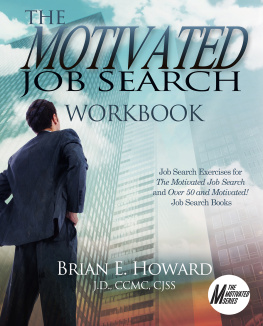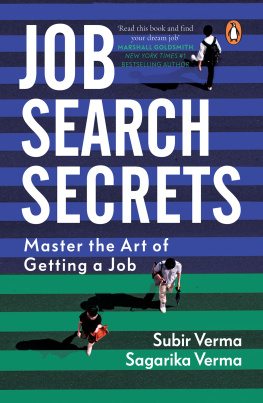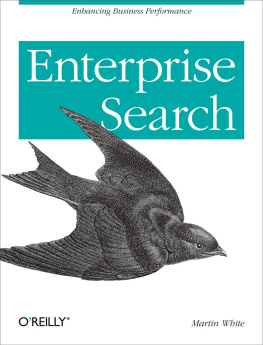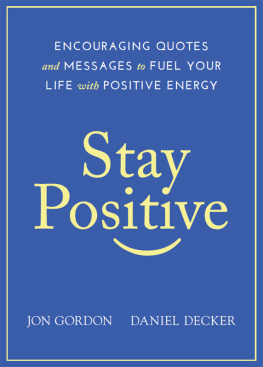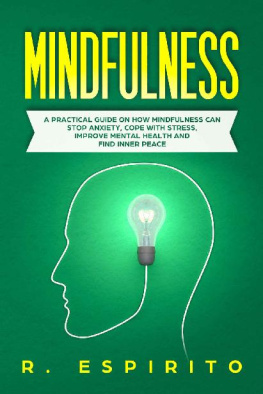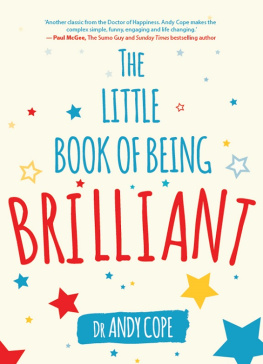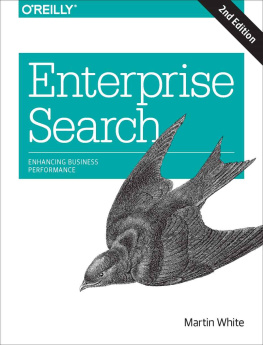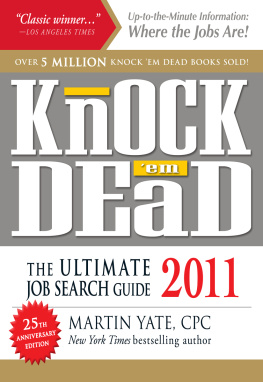HELP WANTED
AN A TO Z GUIDE TO COPE WITH THE UPS AND DOWNS OF THE JOB SEARCH
KAREN LITZINGER
CONTENTS
INTRODUCTION
Youll find endless advice in hundreds of books and blogs about how to choose the ideal career and successfully land a job. That kind of counseling and coaching is what Ive done my entire career.
But what about the angst, doubts, and darkness that often come during the process of using all of these strategies? Less attention goes to helping with the roller coaster of emotions during typical career coaching. Negative feelings can arise whether you are newly looking for a job while employed or struggling with long-term unemployment and job search burnout. Being aware of these normal feelings can help prevent job search depression and anxiety that may come as time goes on. Help Wanted is here to provide the help you want or need, whether for now or the future.
The book was written just before the COVID era, so naturally networking meetings referenced may be virtual or in-person. I hope that you will find comfort, support, and insight through the ups and downs of your job search.
Karen Litzinger
THE STORY BEHIND THE BOOK
T he inspiration for and the many details in this book were given to me as if out of the blue, during a meditation at a spiritual retreat. I resurrected it two years later during a conference for career counselors. The speaker took us through an exercise as if we were clients. In looking at my patterns of interests, I became certain this project was mine to complete.
In retrospect, many experiences led me to this vision.
As a career counselor co-facilitating a job seekers support group, I witnessed the power of the emotional side of job hunting. I was working alongside a psychotherapist at a local agency. We gave no resume advice, no networking help; instead, we just listened and honored each clients journey and struggle. Our participants emerged from this process calmer, less worried, and more hopeful about their journey.
A couple of years after this, a struggling client replied to an email newsletter of mine asking if I had any words of encouragement. Grasping for help to supplement my own awkward words, I scoured the Internet to find resources on maintaining hope during the job search. I came up with only a few quotes.
My personal life also paved the way for this vision. In junior high school, I wrote prayers. As a senior in high school, I collected quotes for daily public service announcements. As an adult, I bought or gave as gifts dozens of meditation and inspiration books helping everyone from worriers, to teens, to new mothers, to widows.
Despite all the books of meditation and inspiration, despite all the how-to material on job hunting, I realized there was a gap I needed to fill. As a career counselor, I felt this was my project to offer to society, my calling.
HOW TO USE THIS BOOK AND BEYOND
T he topics in this book represent a wide range of emotions and issues that many feel on the roller coaster ride of a job search.
Browse the A to Z topic list and see what speaks to you. Alternatively, open the book randomly, and you may find just what you need at the moment. Some topics may be more relevant to you than others. Use what resonates. Parts of the book may feel supportive and others may challenge your thinking. Allow openness.
All readings end with an affirmation that is rooted in cognitive behavior psychology. The premise is that our thoughts create feelings that affect our behavior. This technique can be used to reframe negative self-talk you may find yourself saying during your job search. Start with noticing. Then say something like, Stopthat is a negative, unhelpful thought. Treat yourself kindly and try not to judge yourself. Come from an observers point of view. Question or dispute any catastrophizing or generalizing you may have done; then find a more helpful, believable statement to say to yourself that makes you feel better. I hope these many examples of affirmations can help you be your own coach.
Another style of affirmation is related to the law of attraction. The premise is that you have the power to manifest what you state, e.g., My ideal job offer is on its way. Some psychological and spiritual experts say you must still believe with feeling in the affirmation statement for the outcome to come about.
Affirmations in this book may stretch you. Try the statement first, then reword it as you wish.
Experiment with what works for you to support yourself beyond job search strategy and technique. Emotional support strategies may include meditation, prayer, visualization, inspirational reading, support groups, job clubs, career or personal counseling, or perhaps these readings and affirmations.
You have more choice and power than you realize to create a happy and successful career.
Life is 10 percent what you make it, and 90 percent how you take it.
IRVING BERLIN
W hether or not you accept what you are unable to change can mean peace or angst; moving forward or being stuck.
The sooner you make peace with a job loss or rejection, the sooner you can put energy into moving forward. Sometimes its also hard to accept parts of the job search that are typically necessary, like networking. You may face challenges you cant change, like the job market, lack of experience, or age. You can, however, accept dead ends and change your goal, gain new skills, or even update your wardrobe.
Self-acceptance is another quality that can help a job search. Accept limitations while celebrating who you uniquely are and what you can offer. Another part of self-acceptance is not beating yourself up for past choices or difficulties. Take stock of what you learned from those experiences, change what you can, and use your energy to move forward.
* * *
I accept my past and present and move forward.
What else does anxiety about the future bring you but sorrow upon sorrow?
THOMAS KEMPIS
A nxiety is a natural response to fear about the future. Perhaps you are worrying whether a new job will be worse than your current job. After all, even if you dont like parts of it, at least it is a known quantity. If youre in between jobs, the worry can be about money or how long it will take to land a new position. Anxiety is also a common feeling before or during interviews.
Even if worry and anxiety are understandable feelings, they can be paralyzing. This takes energy away from the present and from moving forward in a positive direction.

